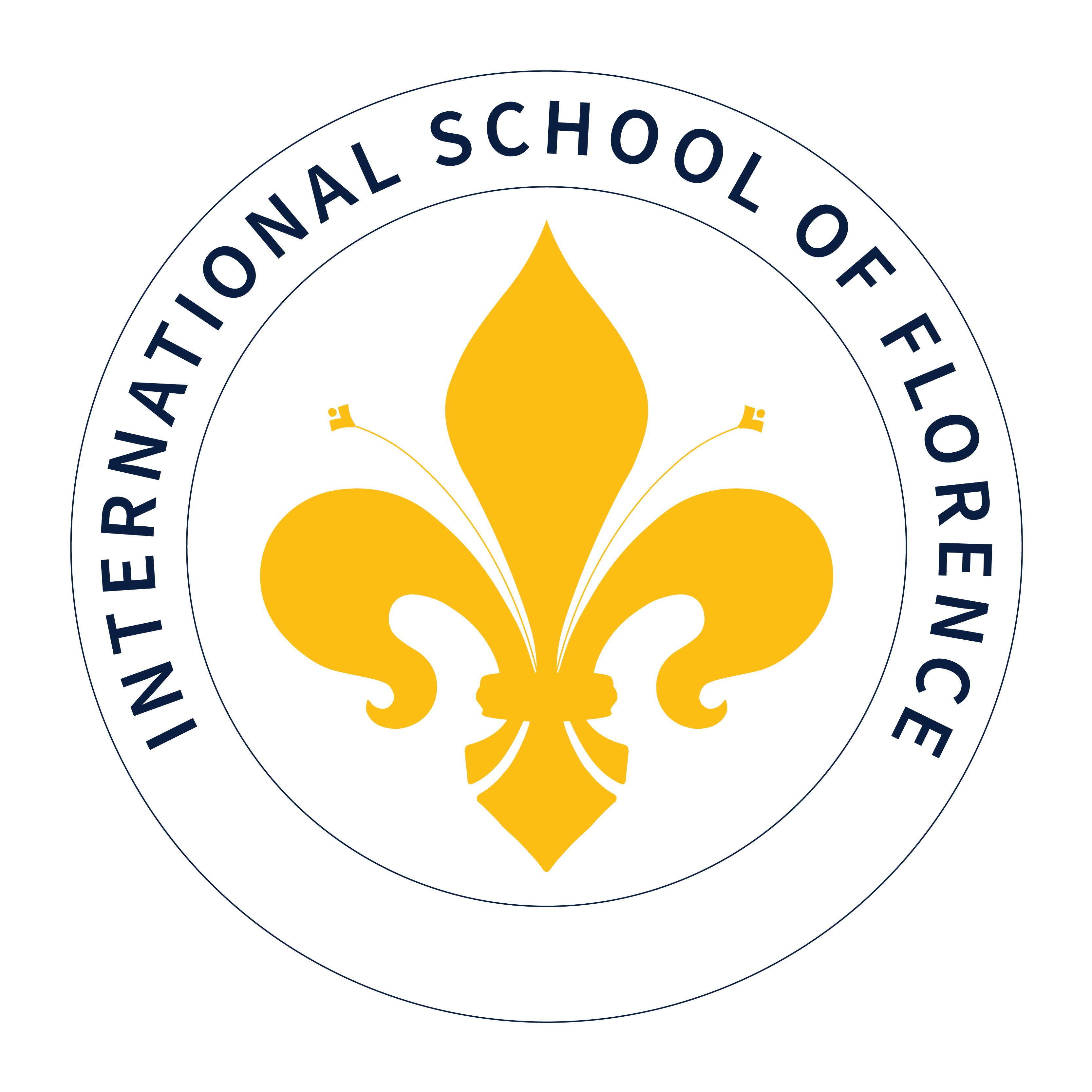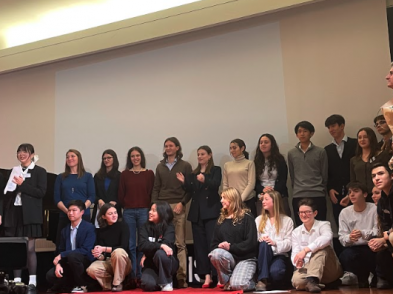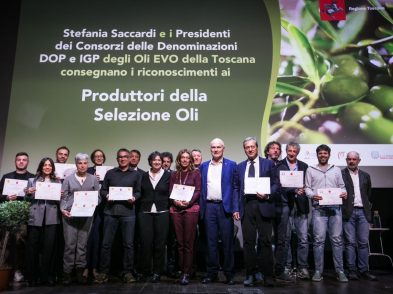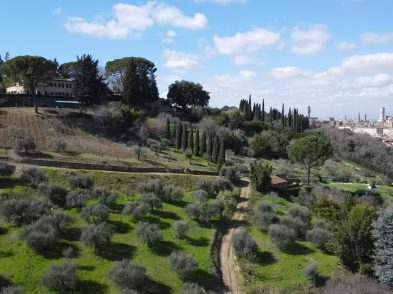When you think of Florence, you are reminded of the immense cultural heritage this small city has to offer. The art, the language, the architecture, the food. Every year, 16 million tourists visit this Renaissance city, hoping to experience firsthand the culture and lifestyle that has drawn so many of us over the ages. They arrive in hordes, no matter the season, and at every hour you can find any number of them squeezed around rickety little tables at one of the many trattorie, waiting expectantly for the first taste of the authentic Florentine cuisine many have dreamed about for months.
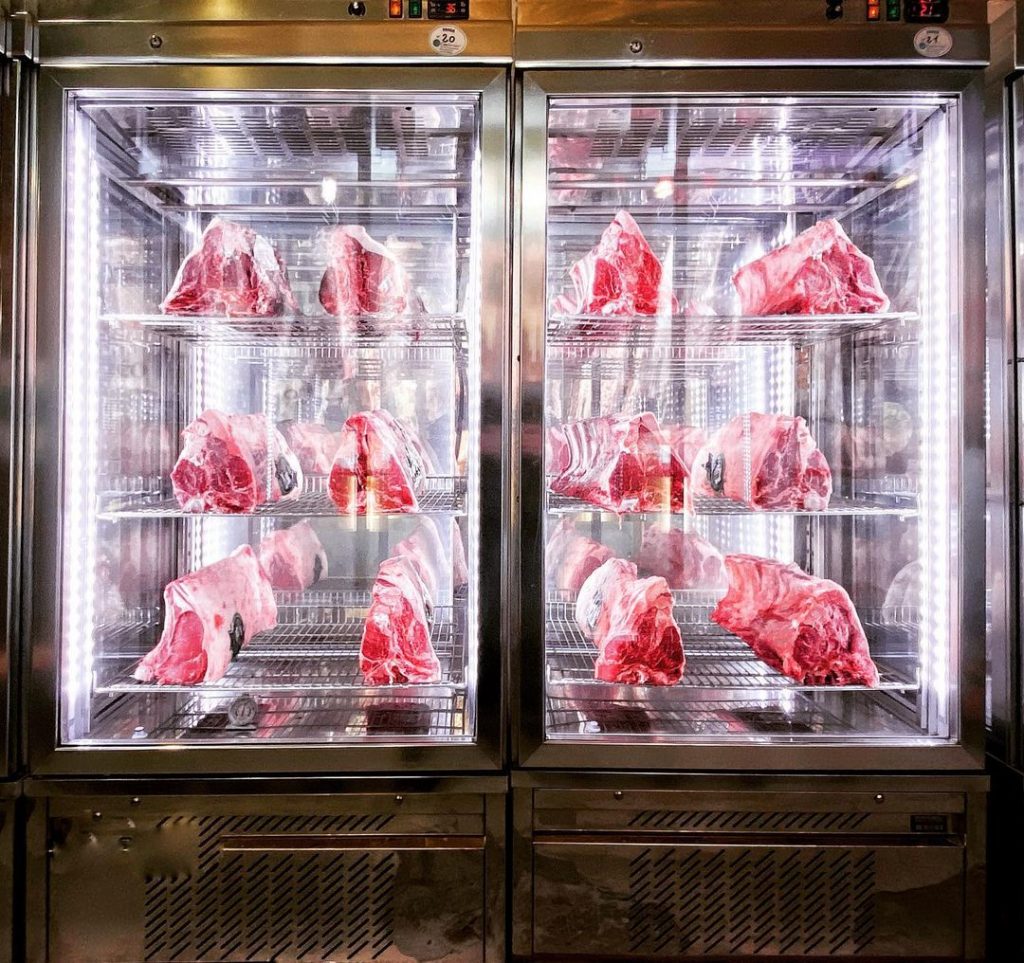
What exactly is a Bistecca alla Fiorentina?
The steak is cut from the loin, just below the rib cage and above the round or rump (depending on which side of the pond you come from!). The higher …
But it’s not just the tourists! When in doubt, look for your local friend in the corner of their favourite pizzeria, enjoying a glass of wine with a pizza Margherita while they chat with the signora from the next table. As Italians (some of us with a transitory claim to the name), our cultural life revolves around food—and not just any food. It’s centred on the trattorie, osterie and enoteche, and the traditional Tuscan food they serve: the bistecca alla Fiorentina, the pappa al pomodoro, the crostini and Chianti wine, the olio nuovo.
Food becomes so much more than just a way of supplying our bodies with the necessary nutrients. Here, the food is what brings us together: the long, three-hour lunches that are culturally mandatory on Sundays, the quick gelato stops, even when you’re really not hungry, and the never-ending search for the best wine bar in all of Florence.
Culture has been intrinsically tied to the production, preparation and consumption of food since ancient times. The word itself derives from the Latin word colere, meaning tending to the earth. Tuscan cuisine is anchored in locally farmed fresh ingredients and simple dishes that are lovingly prepared and delicious in their simplicity. It is rooted in the land and the lovingly tended bounty it yields. Florentines have carefully guarded the traditions of their cuisine over the centuries, maintaining that strong cultural heritage (think of baccalà bagnato on Fridays). However, upholding the vibrancy and strength of the cultural identity of a populace has become increasingly difficult. Globalization is slowly leading to the alarming loss of cultural identity in many parts of the world. Florence is no exception.
We are at a crossroads. Until recent times, Italians, and Florentines in particular, have been exceptionally successful at maintaining cultural integrity. As they tend the earth, they also tend to the heritage of ancient cities. Integrating policies such as strict building codes and the ZTL, focusing on the preservation of the art and architecture, and keeping Dante’s Italian alive are all successful attempts to halt an irreversible loss. However, the power of globalization is hard to keep at bay. A constant influx of influences from television, migration and tourism, the core of Florence’s economy, make the task a hard one. Today, international influences on language and cuisine are strong. Despite this, Florentine cuisine maintains its place front and centre on the restaurant scene. The food is a source of pride for this Renaissance city. It is the lifeblood that runs through the veins of all those who live and visit here. It is the city. Without its food and art, what is Florence?
The central premise of Tuscan food, the focus on simple yet savoury flavours, has been passed down through generations, never wavering in its influence. But has it allowed for diversity? Diversity, similarly to culture, is disseminated throughout all aspects of society. Food is one of the most important windows through which true diversity of a society can be viewed. By halting the effect of globalization, do we inadvertently surrender the ideal of multiculturalism as well? Much of our connection to our culture is founded in the food that our mothers and fathers used to prepare for us as children. That warm fuzzy feeling that you get whenever you eat your favourite comfort food? It’s a reminder of your connection to home. Food and its history is an important part of the stories of nations. Only by honouring cultural differences in eating, can we begin to become more connected as human beings.
Perhaps there is an untrodden path that allows us to embrace both cultural integrity and diversity, each essential in its own right. Finding a balance between honouring the culture, which has for so long characterized this city, and welcoming variety could be the very thing we need. Already change is afoot. While the trattorie are as numerous and inviting as ever, new and exciting restaurants are appearing on the scene, fresh and ready to provide exciting alternatives to Italian cuisine. Places like Temakinho, an Asian- and South American-inspired fusion restaurant, and Ararat, which offers a unique blend of Armenian and Georgian cuisine, are a sign of the dawn of a new era in the Florentine restaurant industry. Meanwhile, other restaurants are opening up with a cosmopolitan flair and a new twist on Tuscan cuisine that still stays true to the time-honoured tradition. Mimesi is the perfect example: a new gourmet restaurant located inside the hotel Dimora Palanca that pays homage to traditional cuisine, yet combines it with an entirely modern take on the dining experience as a whole.
Time and again, Florence has undergone a rebirth. This time, it explodes with a renewed vibrancy and passion for food and lifestyle, reflected in the cultural fabric of this innovative city. It honours its historical position as one of the great changemakers in art and culture and welcomes its new role as a prominent global city.
Selina Marton is a student at The International School of Florence.

